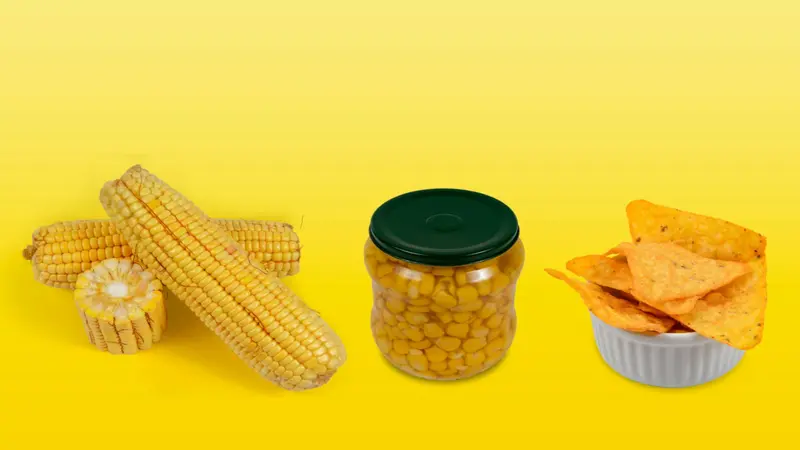
Conscious Eating
Conscious Eating
“Vegan” Doesn’t Automatically Mean “Healthy”
A 2024 study, published in the Lancet’s open access journal eClinicalMedicine, conducted a large-scale analysis examining how much ultra-processed food and minimally processed food people consume across different dietary patterns, from meat-heavy to fully plant-based.
Ultra-processed foods are industrial products made through extensive processing, often breaking foods into components and recombining them with additives like flavors, colors, and emulsifiers. They contain little or no whole food, are typically high in calories, salt, sugar, and fat, and are designed for convenience and appeal; examples include soft drinks, packaged snacks, mass-produced bread, reconstituted meats, plant-based substitutes, and sweetened cereals. In contrast, minimally processed foods are whole foods altered only by basic preservation or preparation methods, such as washing, peeling, freezing, fermentation or pasteurization; examples include fresh fruits, vegetables, whole grains, legumes, milk, eggs, and fresh meat.
The study included nearly 200,000 adults (average age 58, 55% women) and classified them into six groups: regular red meat eaters, low red meat eaters, flexitarians, pescatarians, vegetarians, and vegans. Diet type was determined from food frequency questionnaires, and ultra-processed food intake was measured using food diaries.
Key Findings:
- Across all diet types, ultra-processed foods made up roughly one-fifth to one-quarter of total daily food intake.
- Vegetarians ate slightly more ultra-processed foods than regular red meat eaters (+1.3 percentage points).
- Vegans consumed about 1.2 percentage points more ultra-processed foods than regular red meat eaters, but this difference was not statistically significant.
- Low red meat eaters, flexitarians, and pescatarians ate modestly less ultra-processed foods than regular red meat eaters (−1.3, −0.8, and −1.6 percentage points, respectively).
When it came to minimally processed foods, all groups ate more than regular red meat eaters. The increase was smallest in vegetarians (+0.4 percentage points) and largest in vegans (+3.2 percentage points).
The findings challenge the assumption that plant-based diets automatically contain fewer processed foods. In fact, vegetarian diets tended to include slightly more ultra-processed foods than meat-heavy diets, while diets that still incorporated modest amounts of meat or fish had the lowest ultra-processed food levels.
The authors argue that dietary patterns present a key opportunity to improve environmental sustainability, noting that the global food system is responsible for about one-third of greenhouse gas emissions and substantial natural resource use. They state that diets rich in fruits, vegetables, whole grains, legumes, and nuts are well-established as beneficial for both human and planetary health. However, they claim that plant-based diets vary in quality depending on the degree of food processing. According to the authors, many ultra-processed foods are produced from cheap, high-yield crops such as corn, wheat, and rice, or from animal products derived from animals fed on these crops—patterns that could exacerbate imbalances in the food system and accelerate biodiversity loss. They note that while meat and dairy alternatives are often perceived as sustainable, many are highly processed, and emerging evidence suggests that the extent and purpose of processing are important considerations in evaluating the healthfulness of plant-based foods.
The authors stress that promoting sustainable eating should go hand-in-hand with encouraging a shift toward less processed foods, regardless of whether they are plant- or animal-based. Simply replacing meat with packaged plant products may not deliver the full health or environmental benefits expected.


 By
By







